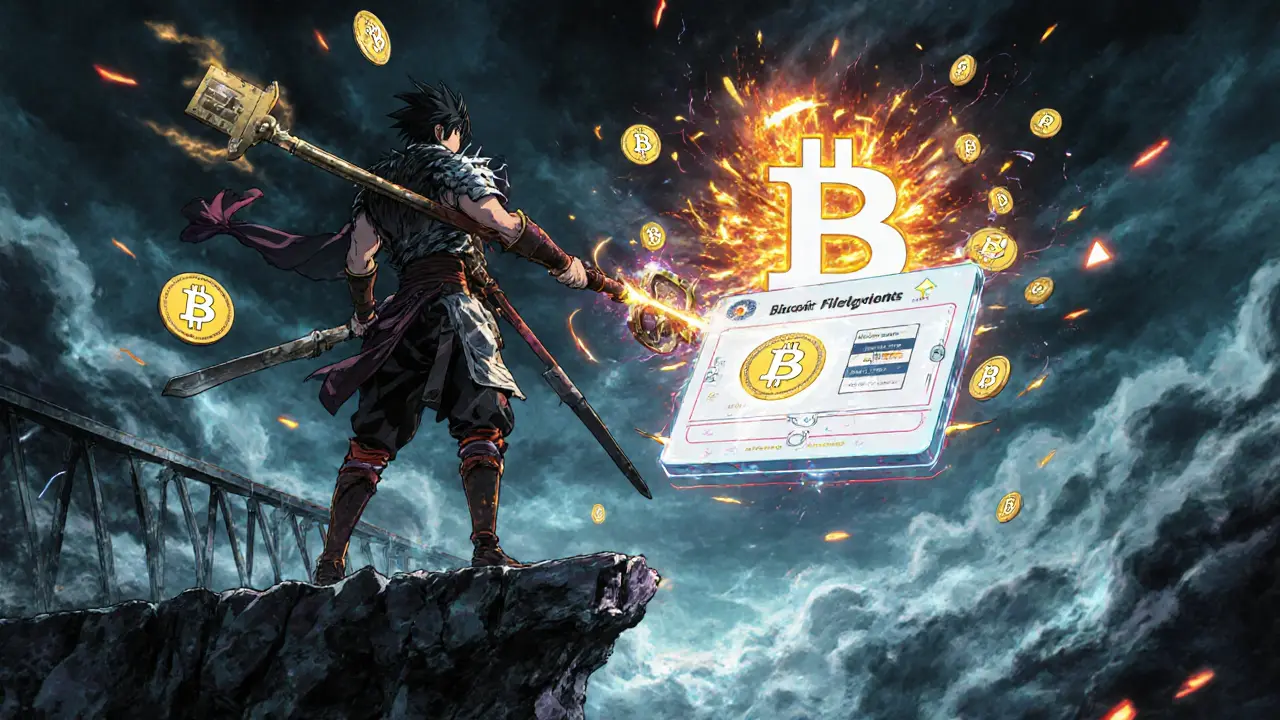

When you use a non-custodial crypto exchange, a platform where you hold your own private keys and control your funds directly. Also known as self-custody exchange, it removes the middleman—no one else can touch your coins, freeze your account, or vanish with your assets. This isn’t just a technical detail. It’s the difference between owning your house and renting it.
Most people start on centralized exchanges like Binance or Coinbase. They’re easy. But you don’t own your keys there. The exchange does. That means if they get hacked, get shut down by regulators, or just decide to restrict your account, you’re out of luck. A decentralized exchange, a platform that runs on blockchain code without a central operator, flips that. You connect your own crypto wallet, a digital tool that stores your private keys and lets you send and receive cryptocurrency—like MetaMask or Phantom—and trade directly with others. No sign-up. No KYC. No bank-style controls.
But here’s the catch: with great power comes great responsibility. If you lose your private key, your funds are gone forever. No customer support can recover them. That’s why many new users get scared and go back to custodial platforms. But the truth? The most secure crypto users never give up control. They use non-custodial exchanges because they understand that trustless doesn’t mean risky—it means you’re the only one who holds the keys.
Look at the posts here. You’ll see real examples: dYdX blocks users in the U.S. even though it calls itself decentralized. Uniswap v4 lets you trade with lower gas fees on Blast. Polkastarter lets you swap cross-chain tokens on Polkadot. These aren’t just platforms—they’re tools that let you take back control. And if you’ve ever wondered why Nigeria’s P2P crypto adoption is so high, or why Argentines use stablecoins to beat inflation, the answer is the same: people choose non-custodial tools when they can’t trust the system.
You’ll also find warnings. Fake tokens like RONDA. Scam exchanges like Hello Global. Airdrop traps like BULL Finance. These scams target people who don’t know how to verify what they’re using. A non-custodial exchange won’t protect you from every scam—but it stops the biggest one: trusting someone else with your money.
So what’s next? You’ll see reviews of real DEXs, breakdowns of how private keys work, guides on connecting wallets, and alerts on platforms that claim to be decentralized but still control you. No fluff. No hype. Just what you need to trade safely, without asking permission.

Sovryn is a Bitcoin-native DeFi platform that lets you trade, borrow, and lend without giving up control of your crypto. No KYC, no central custody - just pure Bitcoin-powered DeFi. But low liquidity and a steep learning curve make it for experts only.